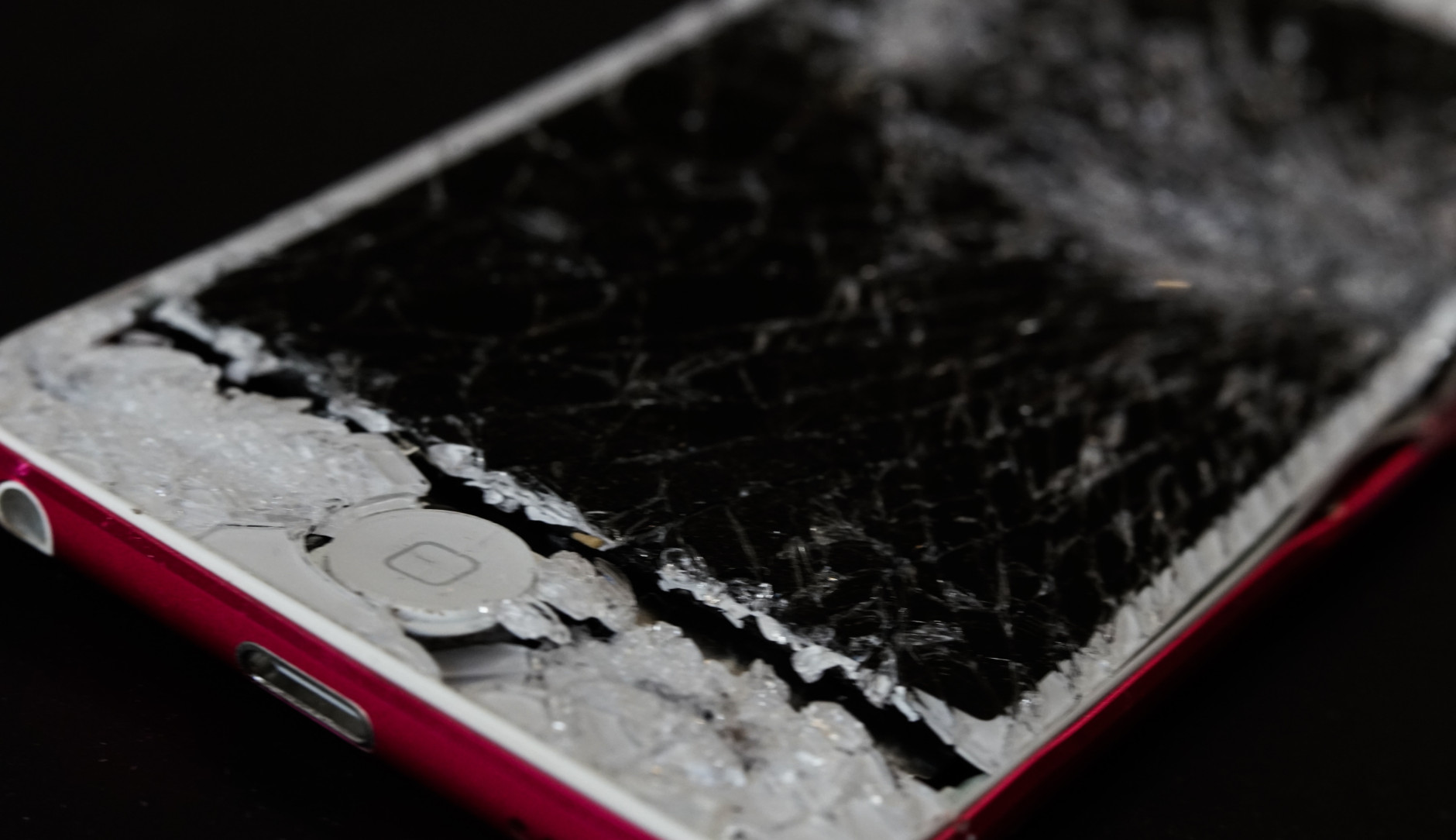Sustainable Tech: Repair, Reuse, and Rethink
Discover how Volt Europa is leading the charge for a 'Right to Repair' revolution in Europe, tackling electronic waste and promoting sustainability.

Visiting my grandparents as a kid, I often marvelled at their single home telephone. In the time of the first cell phones, it truly looked from a different area. It had a rotary dial and was made out of solid Bakelite. The receiver alone could crack a walnut.
It was installed by the Dutch state telecommunications company (PTT) in the 1960s, and was still serving its purpose in the 2010s. If it broke, the local electrician could fix it. It never broke.
Times have changed a bit. I bought my first mobile phone around the turn of the century, and have owned some 15 phones since. I’ve cracked screens, messed up charging ports, and dropped one in my toilet. Many died by weakening batteries. Some just didn't bother to boot up, zero explanations given.
I must have had a few screens replaced in back alleys at exorbitant cost. For most other issues, the repair guy’s reaction would be a blank stare and a curt reply. ‘Wouldn’t repair that, it'd cost more than a new phone’.
Purchasing a new phone every couple of years is clearly unsustainable. Their circuit boards contain precious earth metals like gold, silver and copper. Batteries contain nickel, cobalt and lithium, elements sorely needed for our energy transition. Their production generates CO2, and when discarded they pollute landfills. Not to mention the heavy, at times forced labour by people in developing countries to harvest these resources.
The problem is clearly much bigger than phones. Entire televisions are tossed when a few LED pixels bow out, washing machines are discarded when t-shirts come out moist, and ovens kicked on the pavement after they produce a floppy Quattro Formaggi. It no longer occurs to us that a replaced backlight, drain pump or control unit will give our machine a new lease of life. We simply buy a new one.
As a result, the world produces 50 million tonnes of electronic waste a year, in what the UN calls a ‘tsunami of e-waste’. It accounts for 70% of toxic waste in landfills, whilst massive amounts of CO2 are churned out in a never-ending production of new products.
More than two-thirds of EU citizens support an EU-level solution to these destructive levels of consumerism. In the final report of the 2022 conference on the future of Europe, citizens proposed we ‘tackle premature obsolescence, ensure longer warranties, a right to repair, and accessibility of spare parts’.
And indeed the EU is stepping up, with the Commission putting forward the 2023 ‘Right to Repair’ proposal, introducing much needed regulation:
The Ecodesign for sustainable products say products must be repairable.
The Empowering consumers for the green transition say information must be given on product durability and repairability.
The Data act gives consumers the right to choose their repair provider.
But in order to drive structural behavioural change, you need to look at people's wallets. We suggest three economic incentives.
Reduce tax on labour, but increase it on resources
We should lower our reliance on labour by high income taxes, and increase taxation on resource use. Currently, EU resource taxation is only a puny 3.6% of all environmental taxes. To quote Kate Raworth in her groundbreaking book ‘Doughnut Economics’;
‘Shifting from taxing labour to taxing resources would simultaneously draw human ingenuity away from making more stuff with fewer people, towards repairing and making more things with less stuff.’
Repair bonus and tax breaks
We should recommend active government incentives to make repairs and product upgrades financially attractive. At Volt, we like to study best practices across borders, and introduce them to the EU level.
Austria introduced the ‘Reparaturbonus’, or Repair Bonus - funded by the EU pandemic rescue fund. When a consumer pays a repair invoice, they go to the Repair Bonus website, and download a voucher that covers 50% of the repair cost up to a maximum of €200. Repairers happily accept them as they can cash them in, and repairs have gone through the roof.
Sweden proposed legislation to cut VAT on repair bills, and to provide income tax breaks for repairs performed by technicians.
Deposit on appliances
Once a product is irreparable, we must make sure the resources and parts are fully recycled. For instance, we can introduce a deposit scheme on the most commonly used appliances, which is returned in full at the end of the lifecycle. Many countries have
successfully created deposit schemes for bottles and cans. Why not introduce it for phones, televisions, washing machines or ovens?
Germany proposed legislation to introduce a €25 deposit on mobile phones, to ensure they are handed in when they reach the end of their lives.
Where do we go from here?
After the introduced European ‘push factor’ regulation, the EU must be given a mandate to introduce fiscal mechanisms. This can take the form of i) a tax shift from labour to resources, ii) repair bonuses or tax breaks, and iii) an appliance deposit scheme. These will serve as ‘pull factors’ making it economically logical for everyone to consider repair and recycling.
Volt agrees with EU citizens that our current levels of consumerism are nothing short of destructive, and realises consumers must be helped with suitable systems and finances to drive sustainable behaviour. Because if our grandparents could use their phone for a few decennia, surely we can use ours more than a few years!
Article by Paul van Bommel.